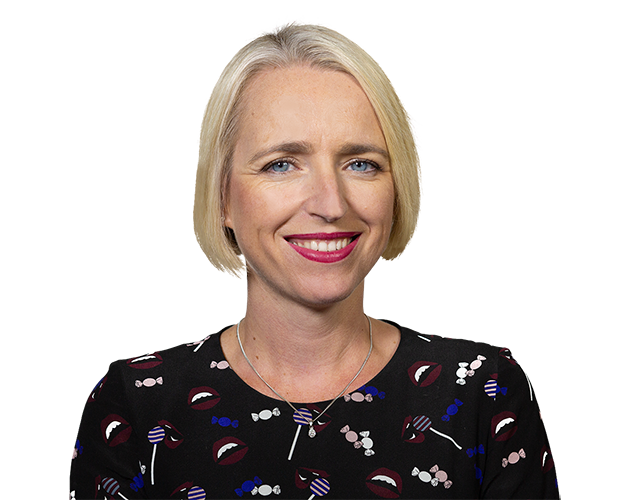- Milton Keynes 01908 660966
- Northampton 01604 828282
Overview of Share Buybacks
A share buyback takes place when a company purchases shares in itself from an existing shareholder. A company may decide to purchase shares from a shareholder when there is no other buyer available.
Generally, there are four ways for a private company to finance the buyback of its own shares:
- out of distributable profits (this is the most common);
- out of the proceeds of a fresh issue of shares;
- out of capital either in compliance with Chapter 5 of the Companies Act 2006; or
- using the De Minimis provisions set out in s.692(1ZA) Companies Act 2006.
Under the De Minimis Procedure (which is a share buyback out of capital) the amount of shares a company can buyback is capped at an aggregate amount in a financial year not exceeding the lower of the value of 5% of its share capital or £15,000.
In each case, it is important to check the articles of association of the company for any restrictions or procedures that need to be followed in order to authorise the repurchase of shares. Shares bought back by a company are normally cancelled. However, if shares are brought back using distributable profits, companies have the option to hold them ‘in treasury’ instead of cancelling them. Treasury shares can be sold, cancelled at any time or held in treasury indefinitely.
Whichever method you decide to use, it is important that you understand the practicalities of these options.
If you want to know more about share buybacks, please contact our Business Services Team on 01604 828282 / 01908 660966 or email info@franklins-sols.co.uk













